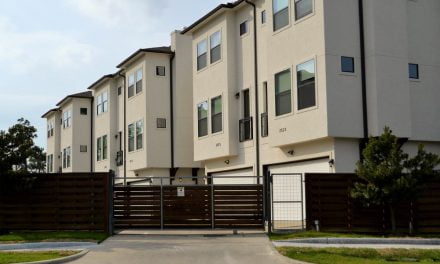Robin v. Crowell
Facts: An owner acquires a parcel of property and encumbers it with a first trust deed. The owner further encumbers the property with a second trust deed without the knowledge of the first trust deed holder. The owner fails to pay off the first trust deed note when it becomes due and payable in full. The first trust deed holder initiates a judicial foreclosure action but fails to name the second trust deed holder as a party to the action. The parcel is sold at a judicial foreclosure sale. The first trust deed holder acquires title. Later, the first trust deed holder discovers the existence of the second trust deed. More than six years after the first trust deed note became due and payable, the first trust deed holder files an action to clear title of the second trust deed.
Claim: The first trust deed holder claims the junior trust deed was eliminated from title by the judicial foreclosure sale and is to be cleared from title by court order.
Counterclaim: The second trust deed holder claims the action to eliminate the second trust deed from title is barred since the six-year statute of limitations for commencing a judicial foreclosure type action following the first trust deed note coming due and payable has run.
Holding: A California appeals court holds the first trust deed holder’s action to clear title of the second trust deed is barred by the six-year statute of limitations since the time period for bringing a judicial action on their trust deed debt expired prior to filing the action. [Robin v. Crowell, (October 8, 2020) _CA6th_]














